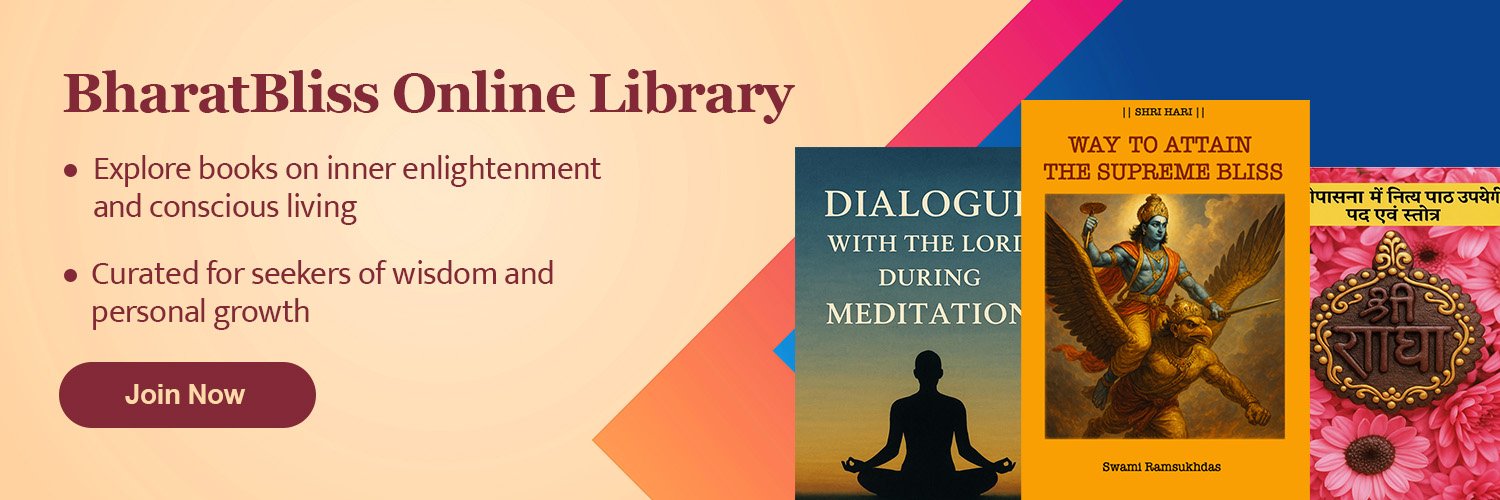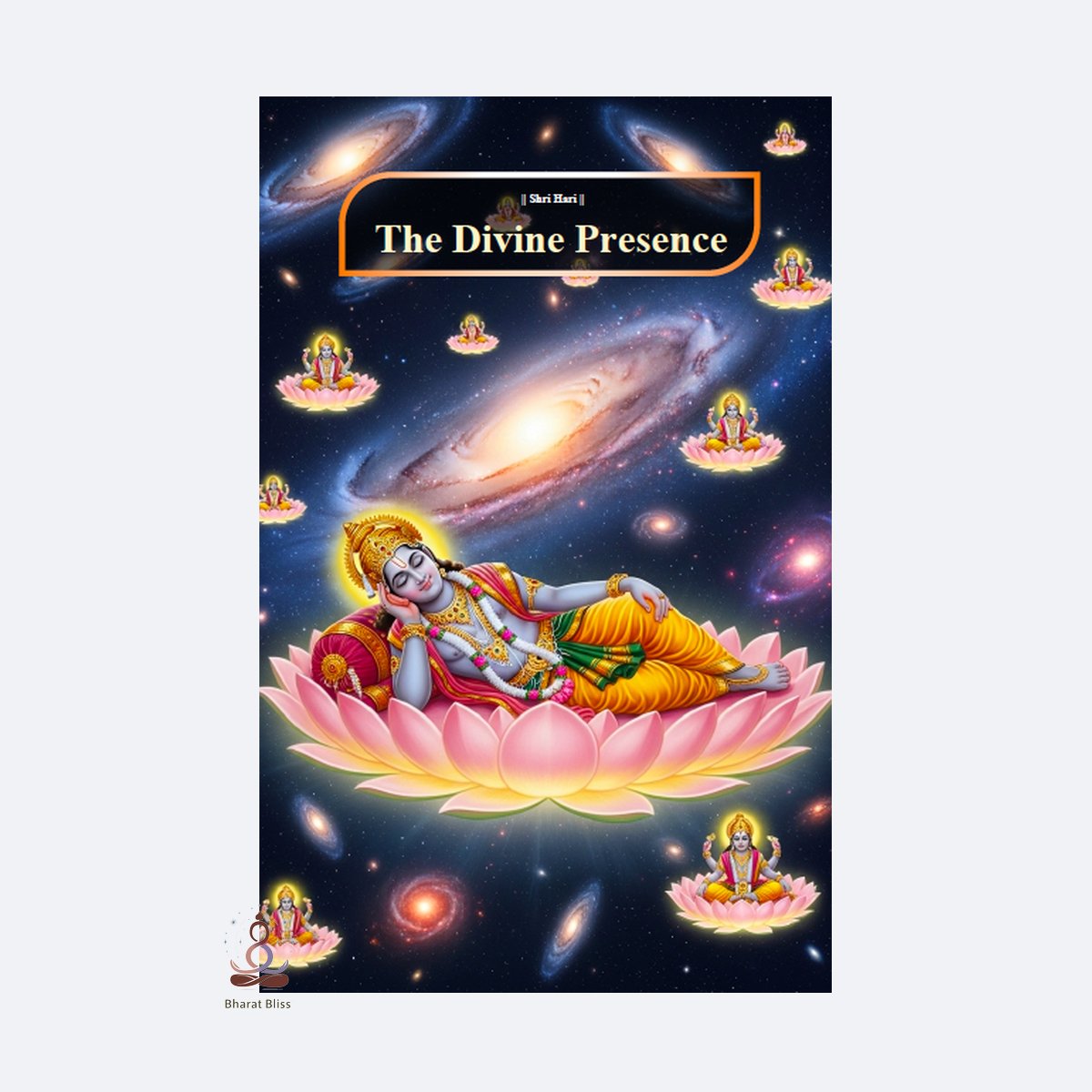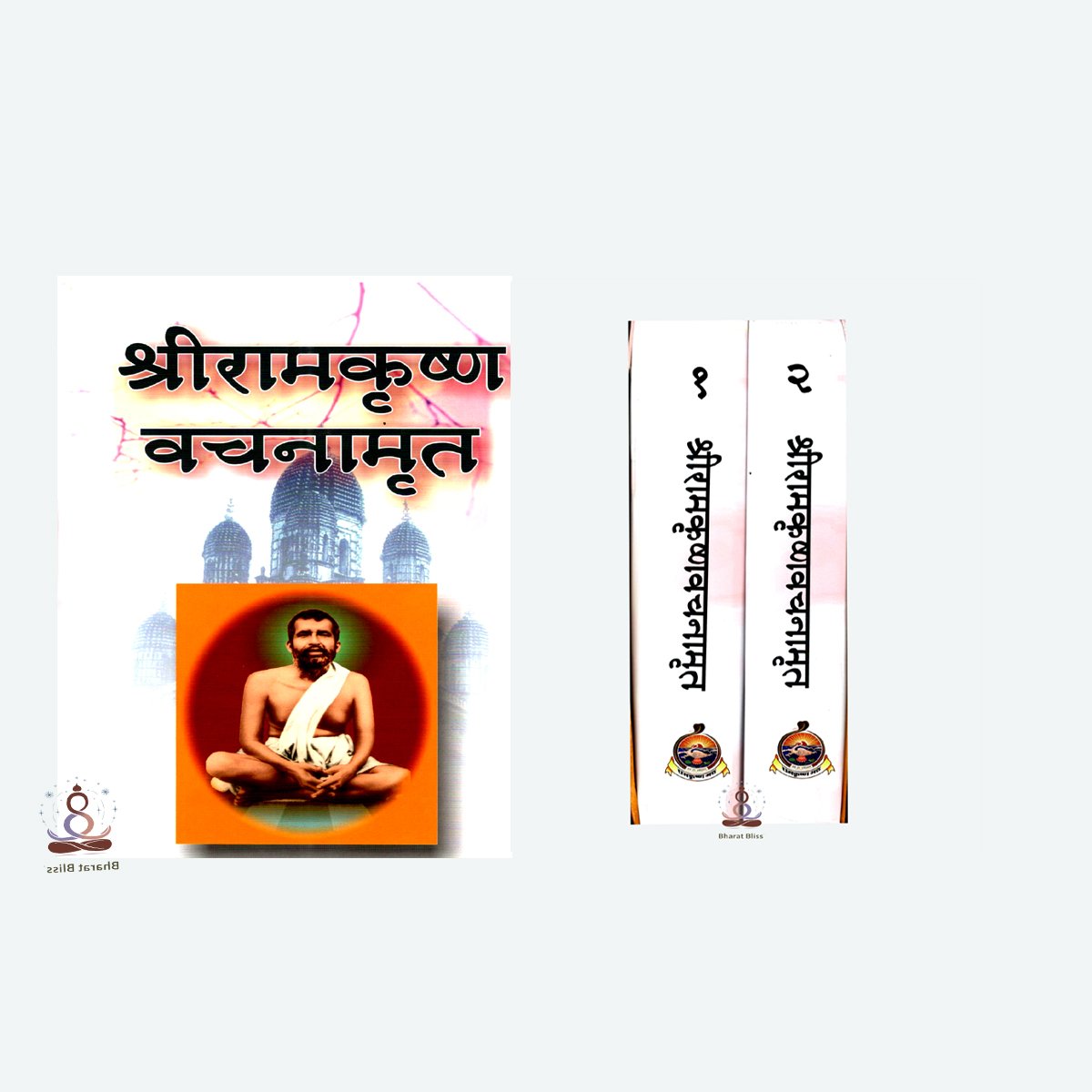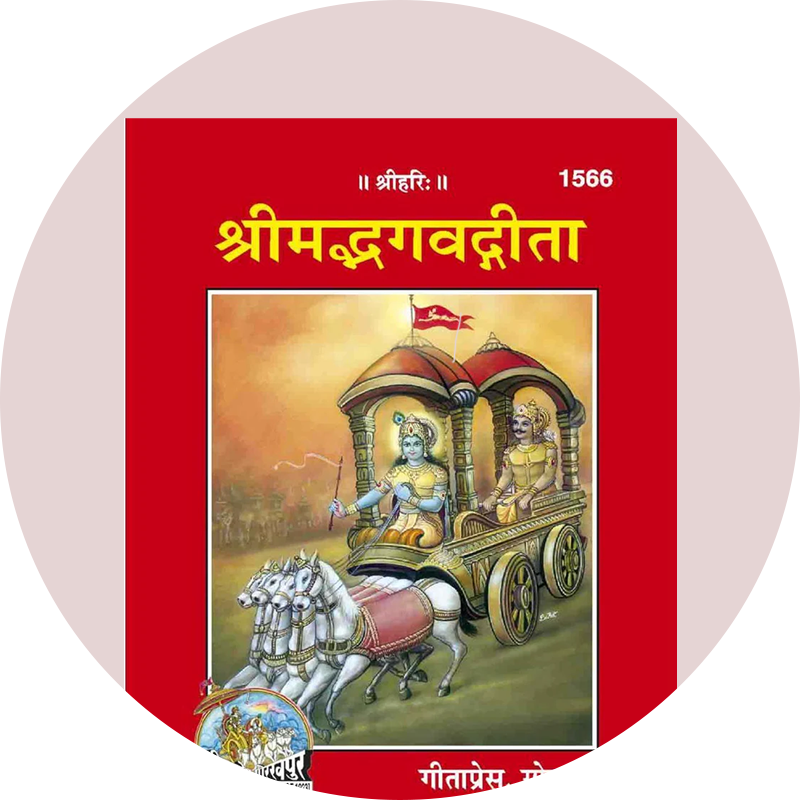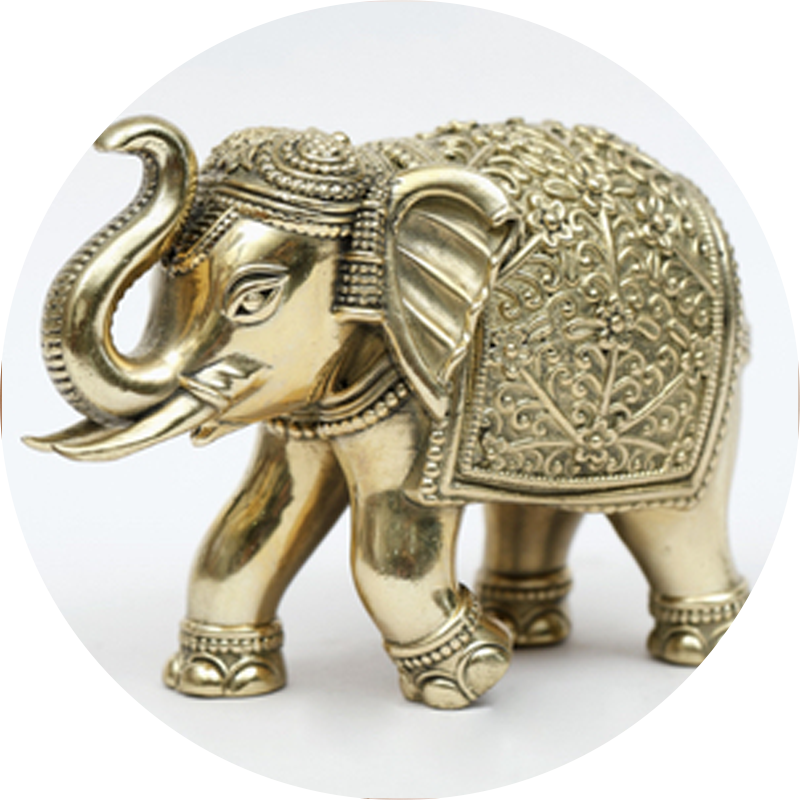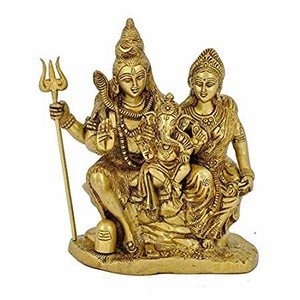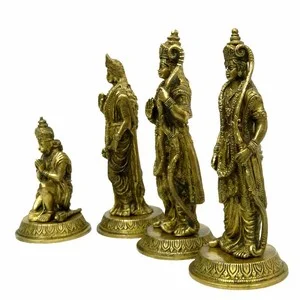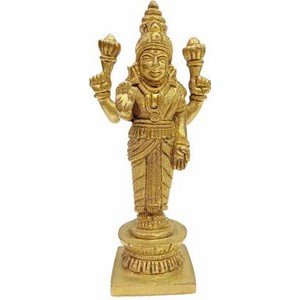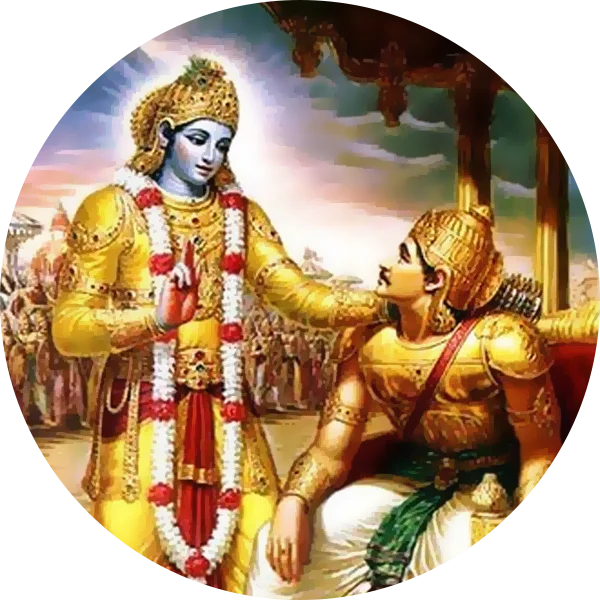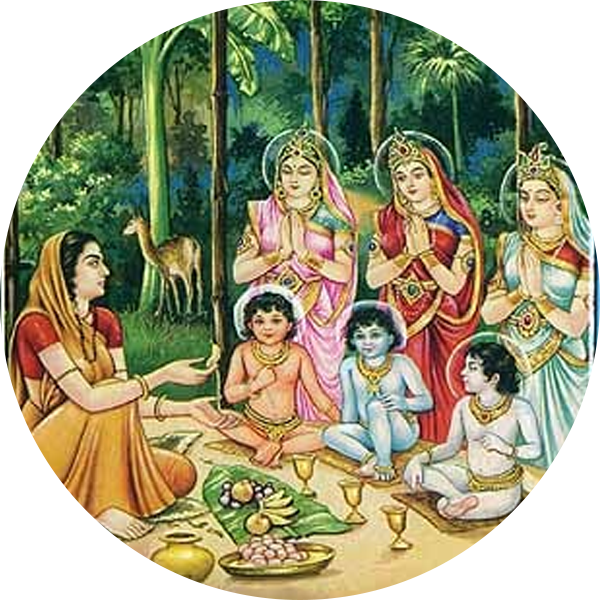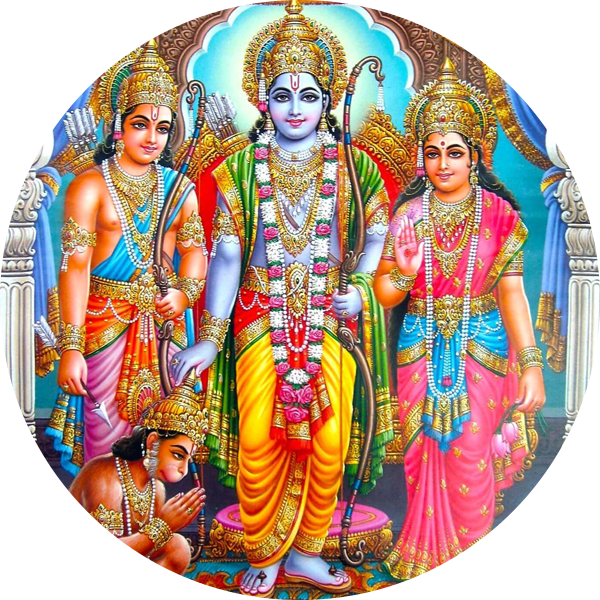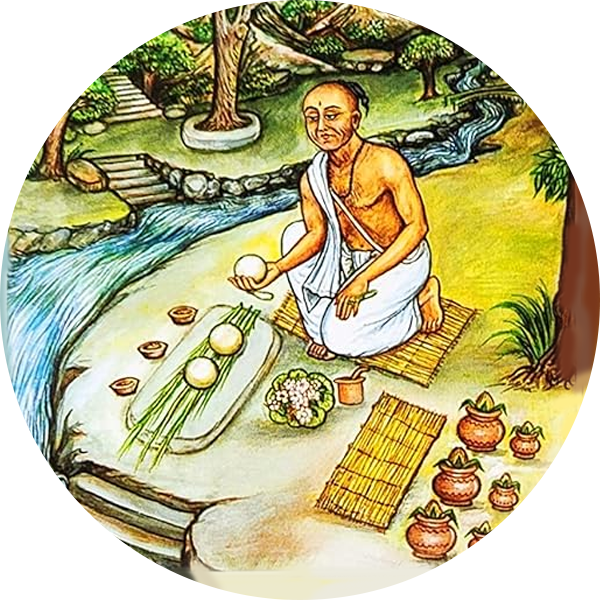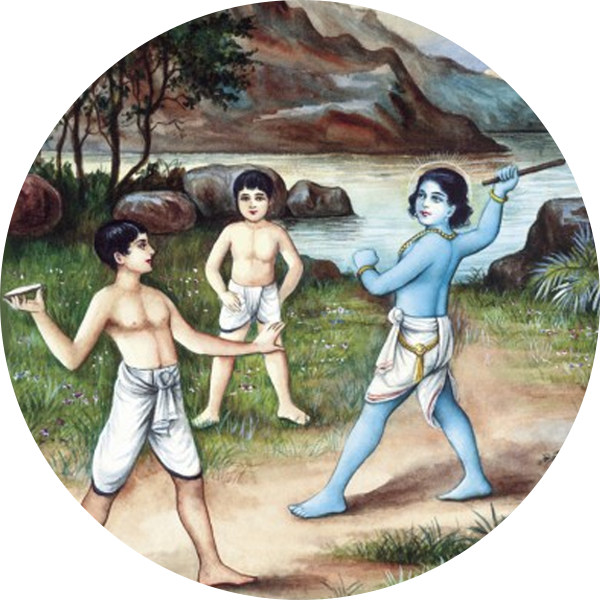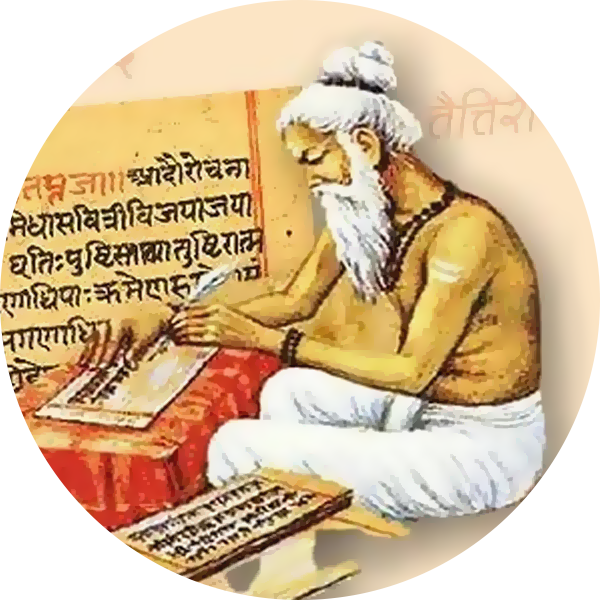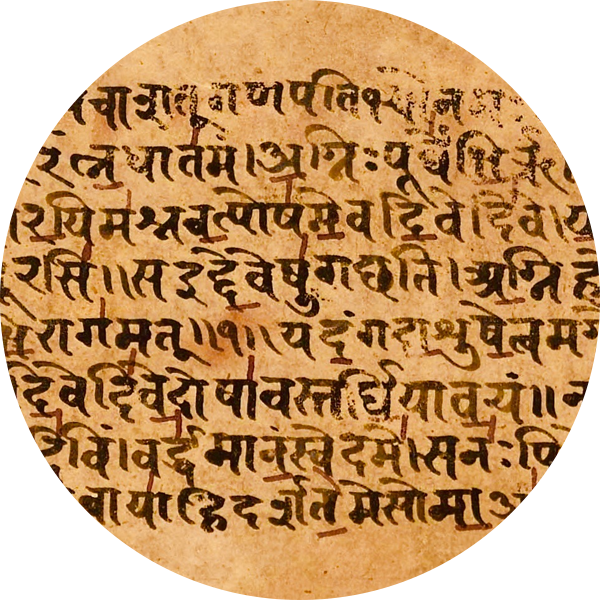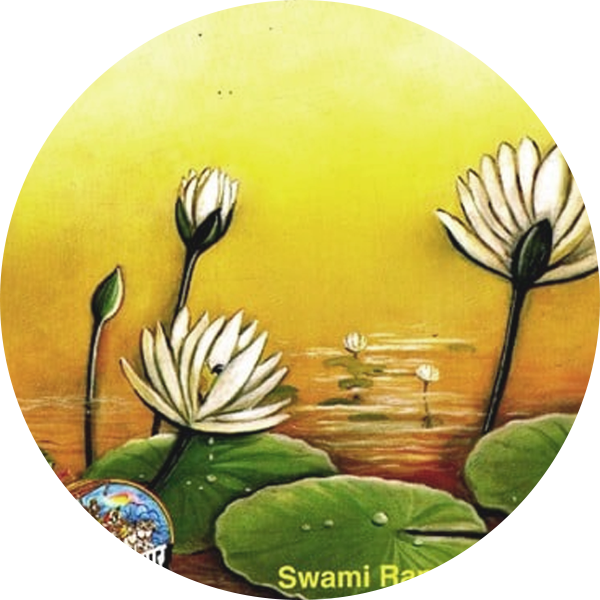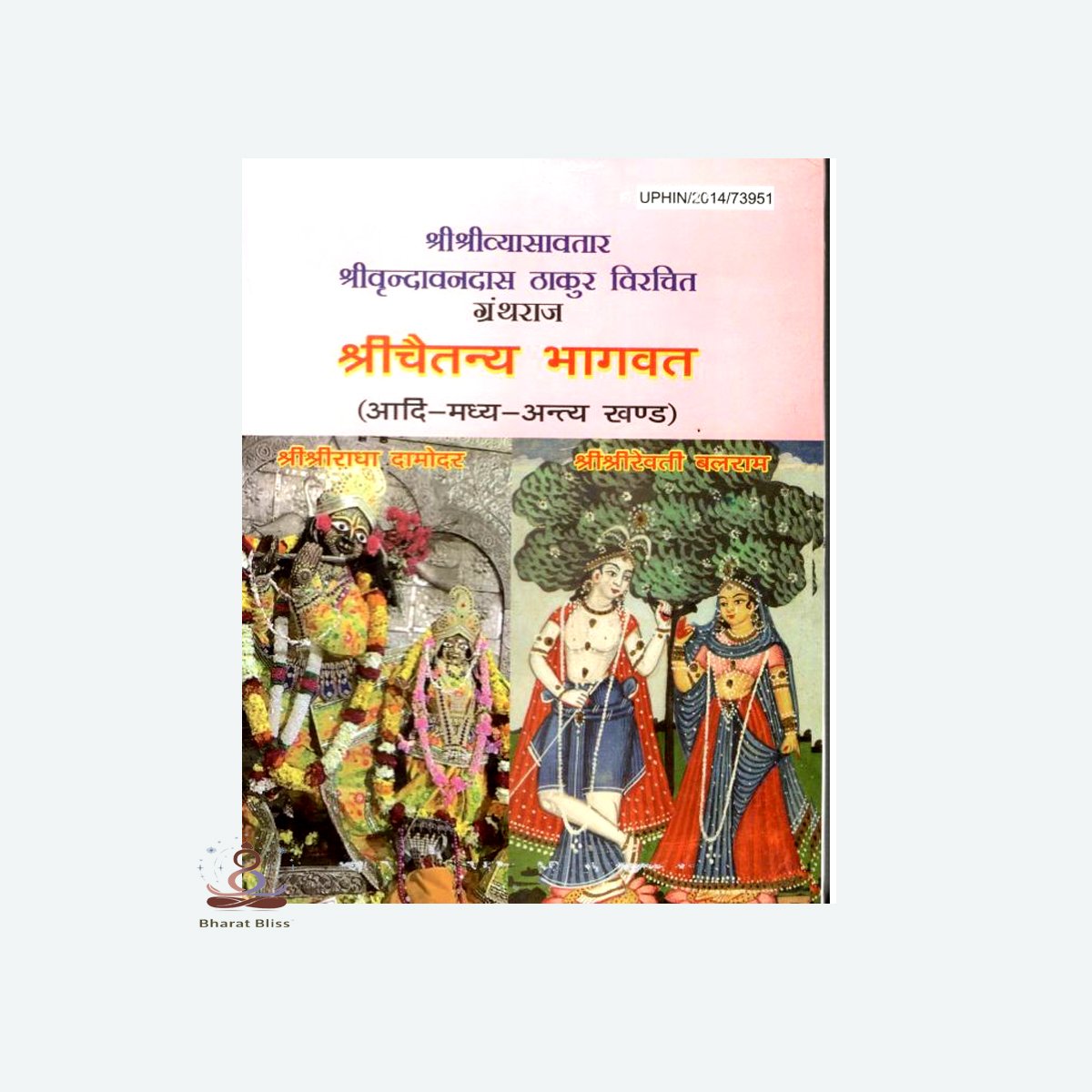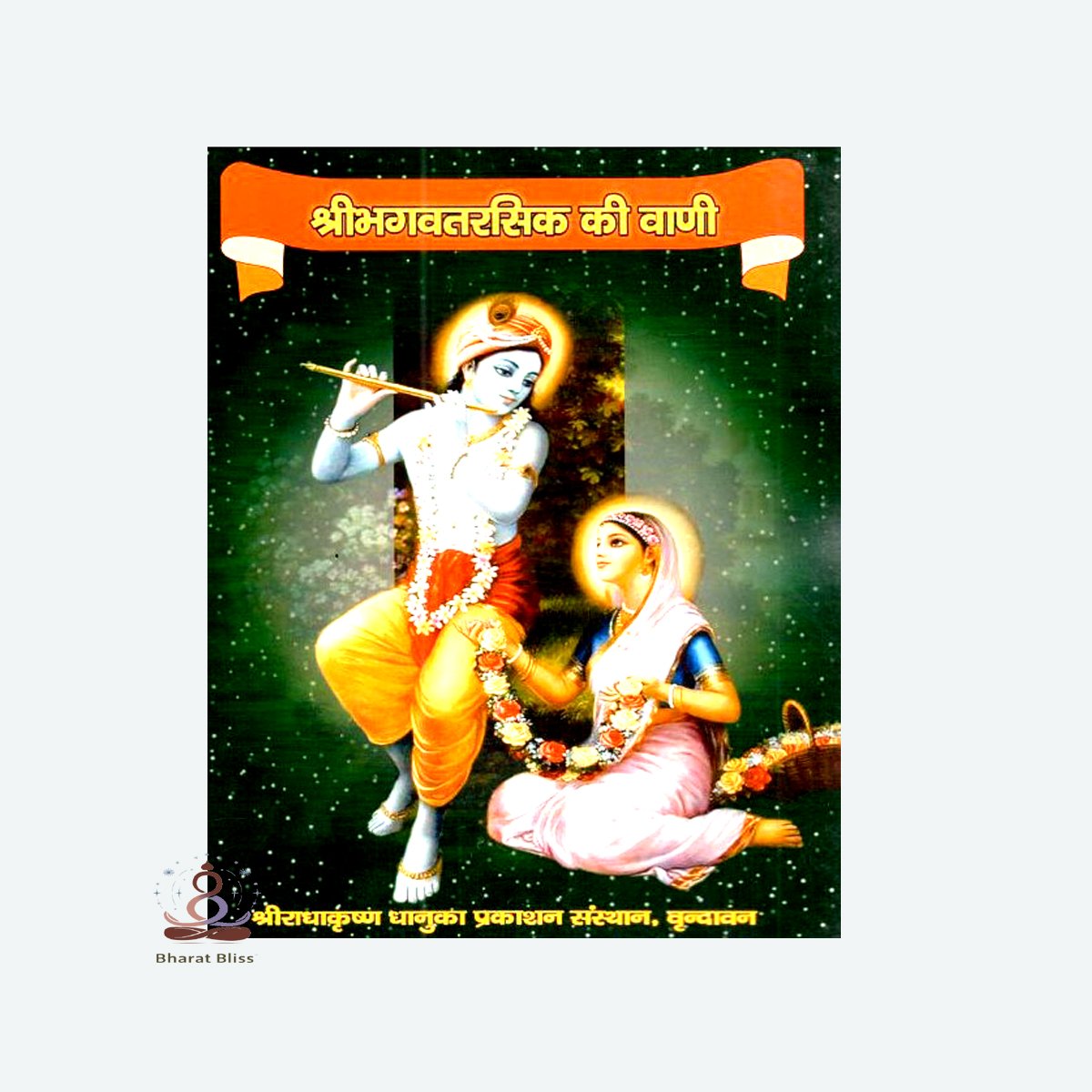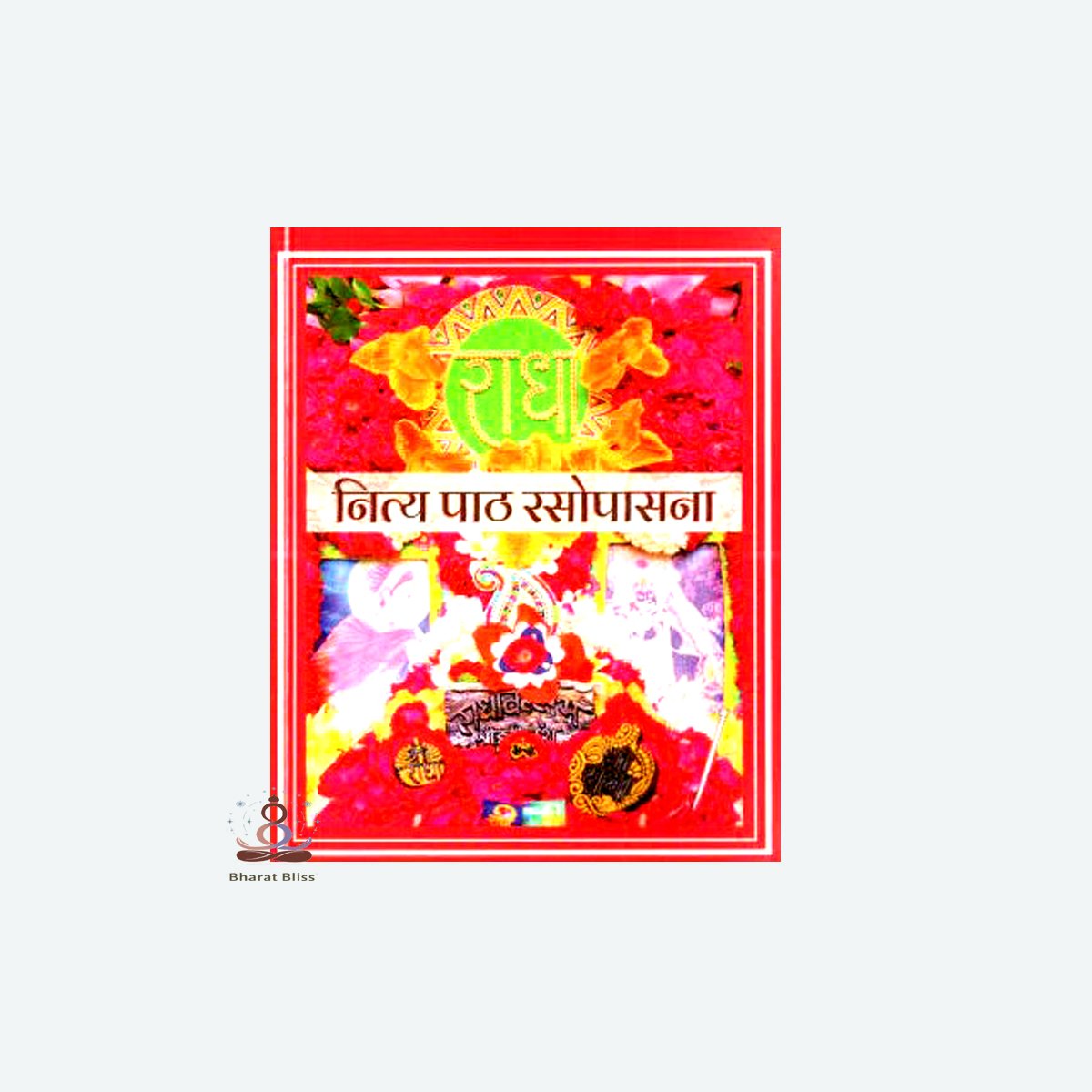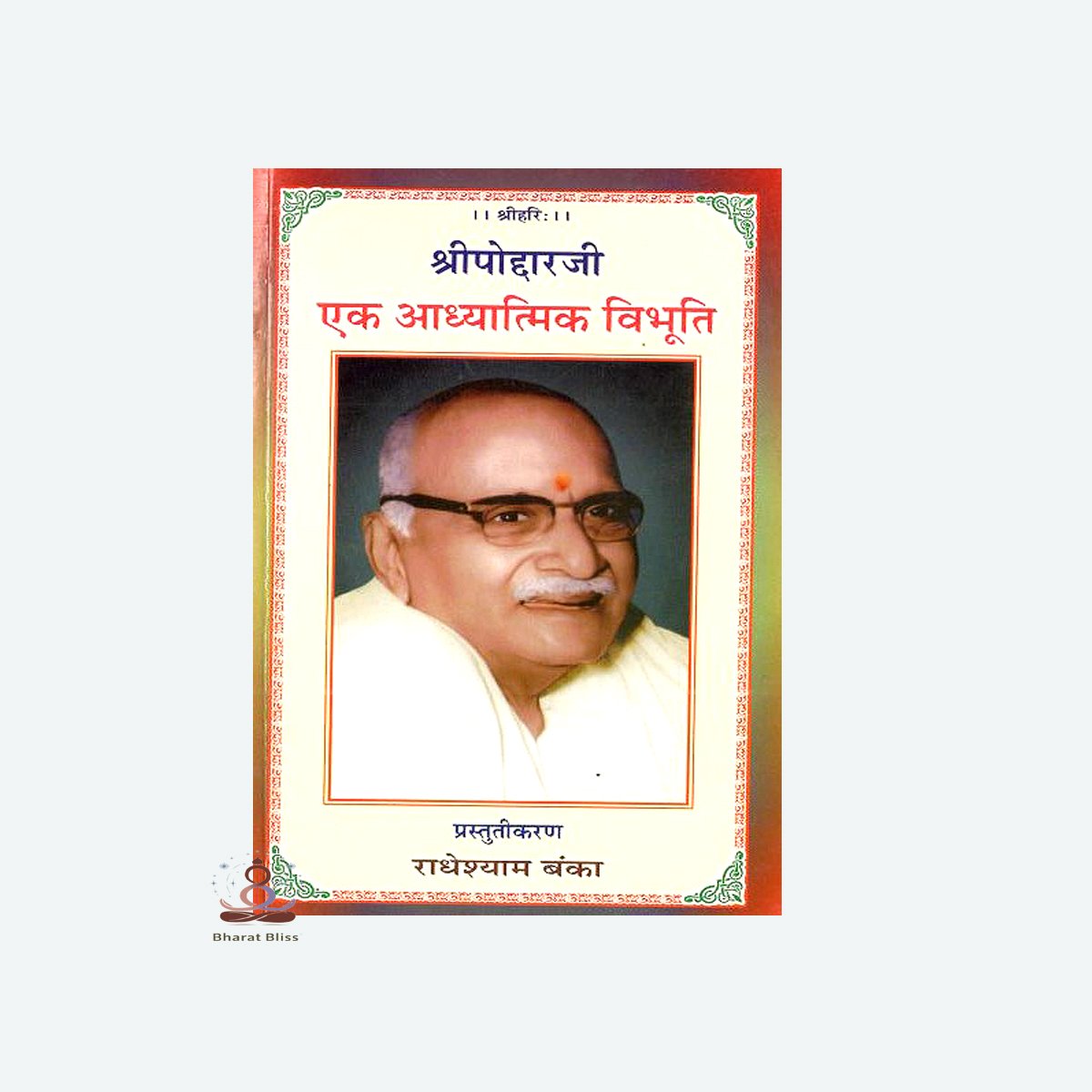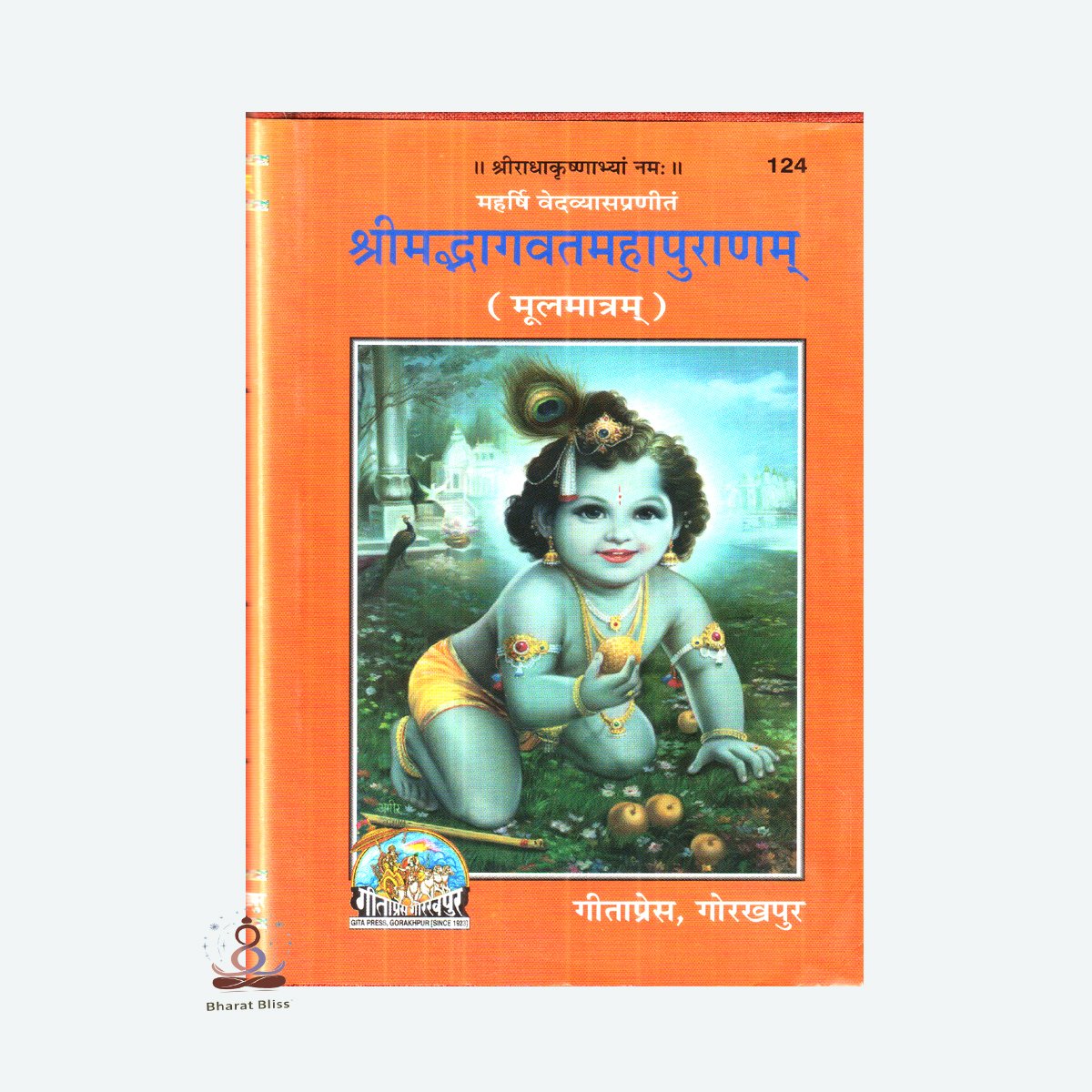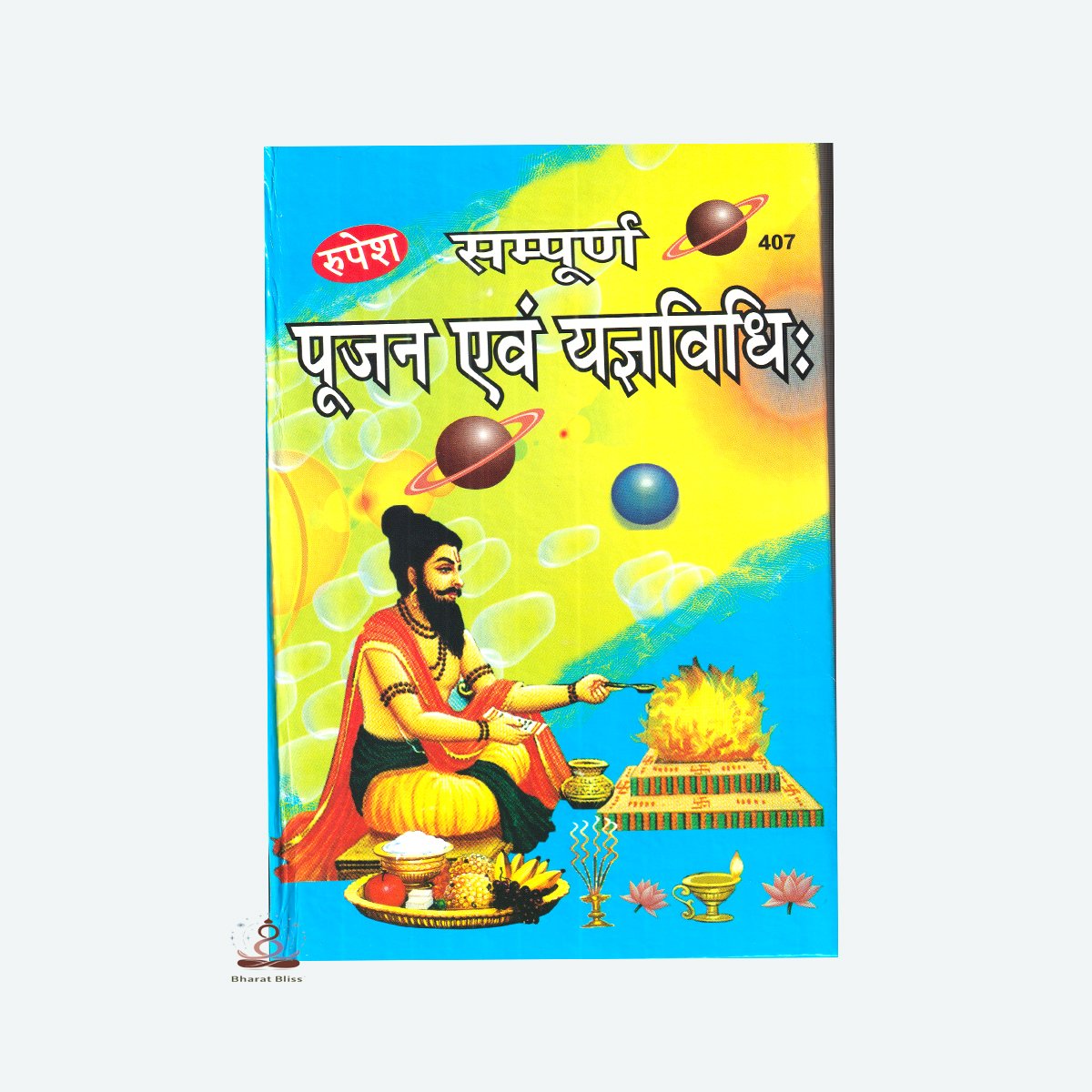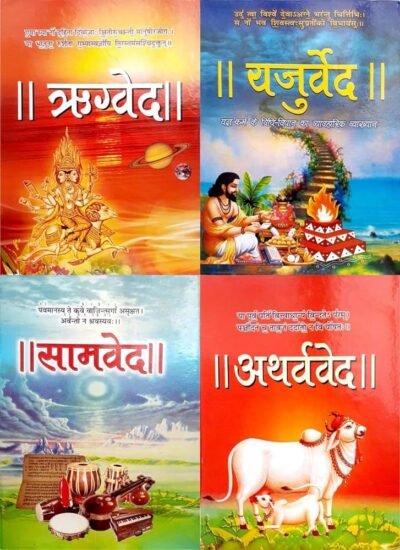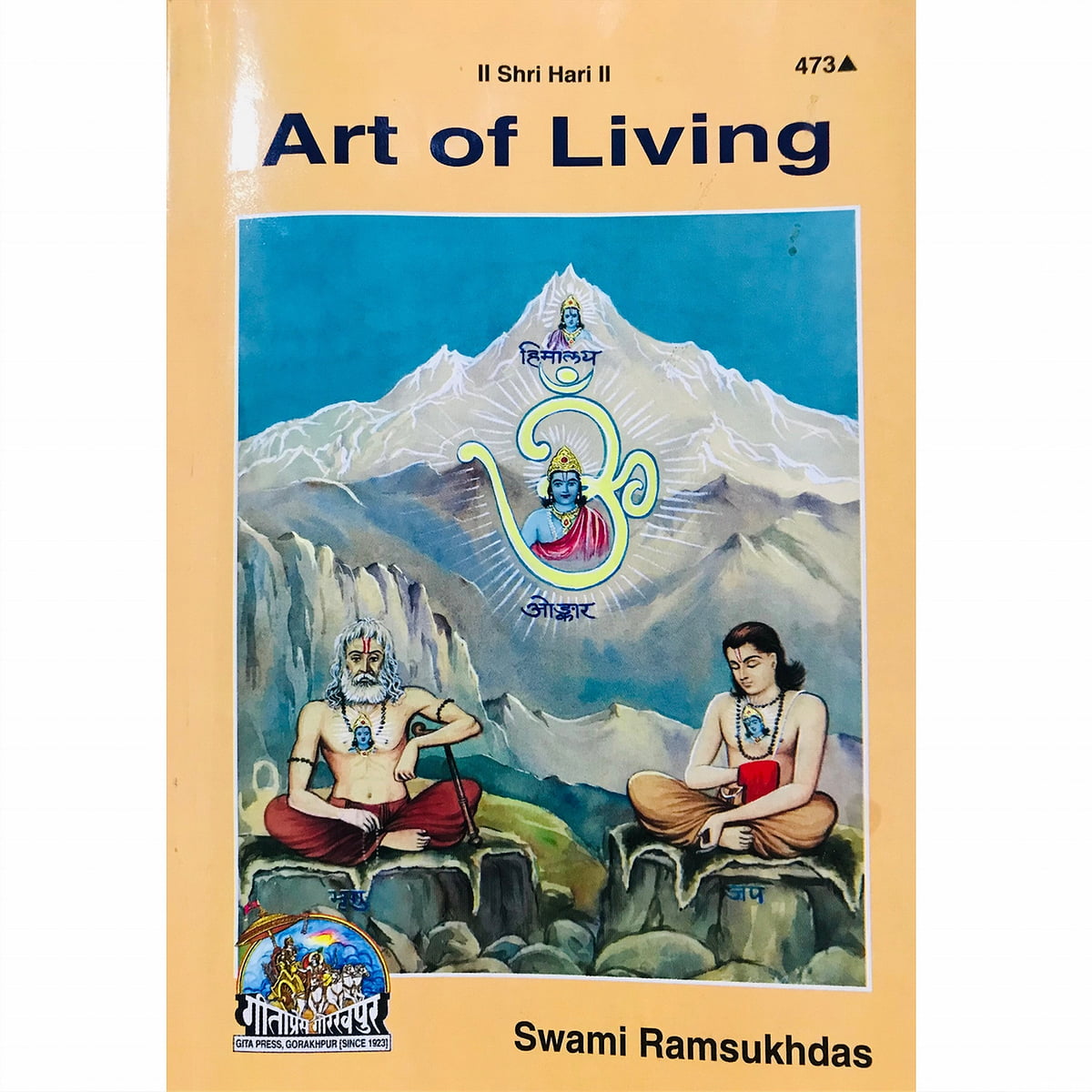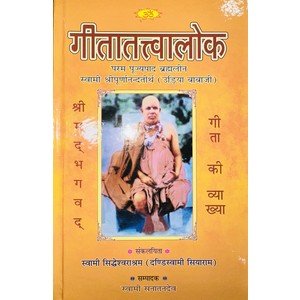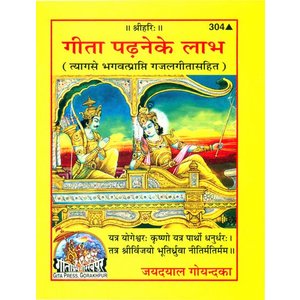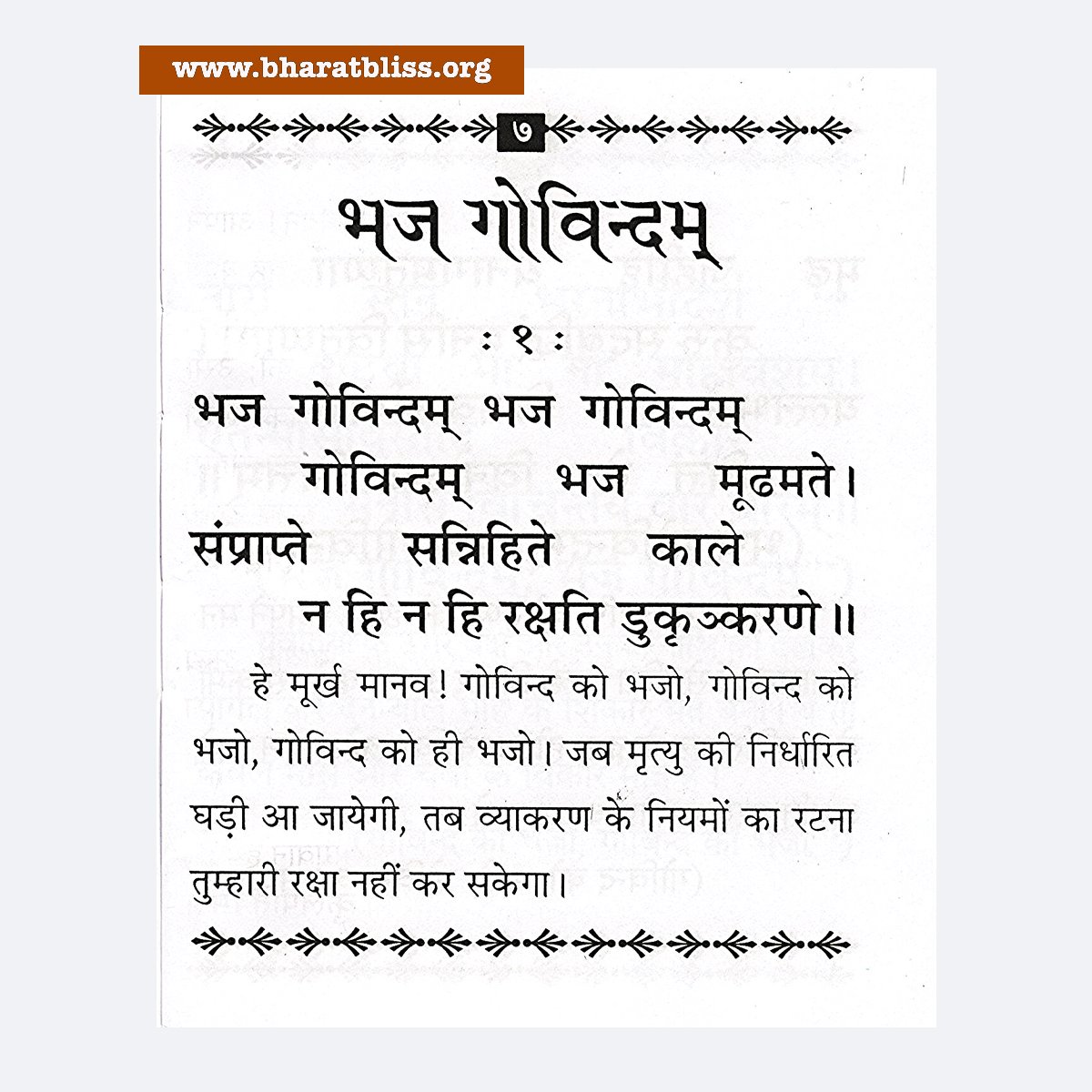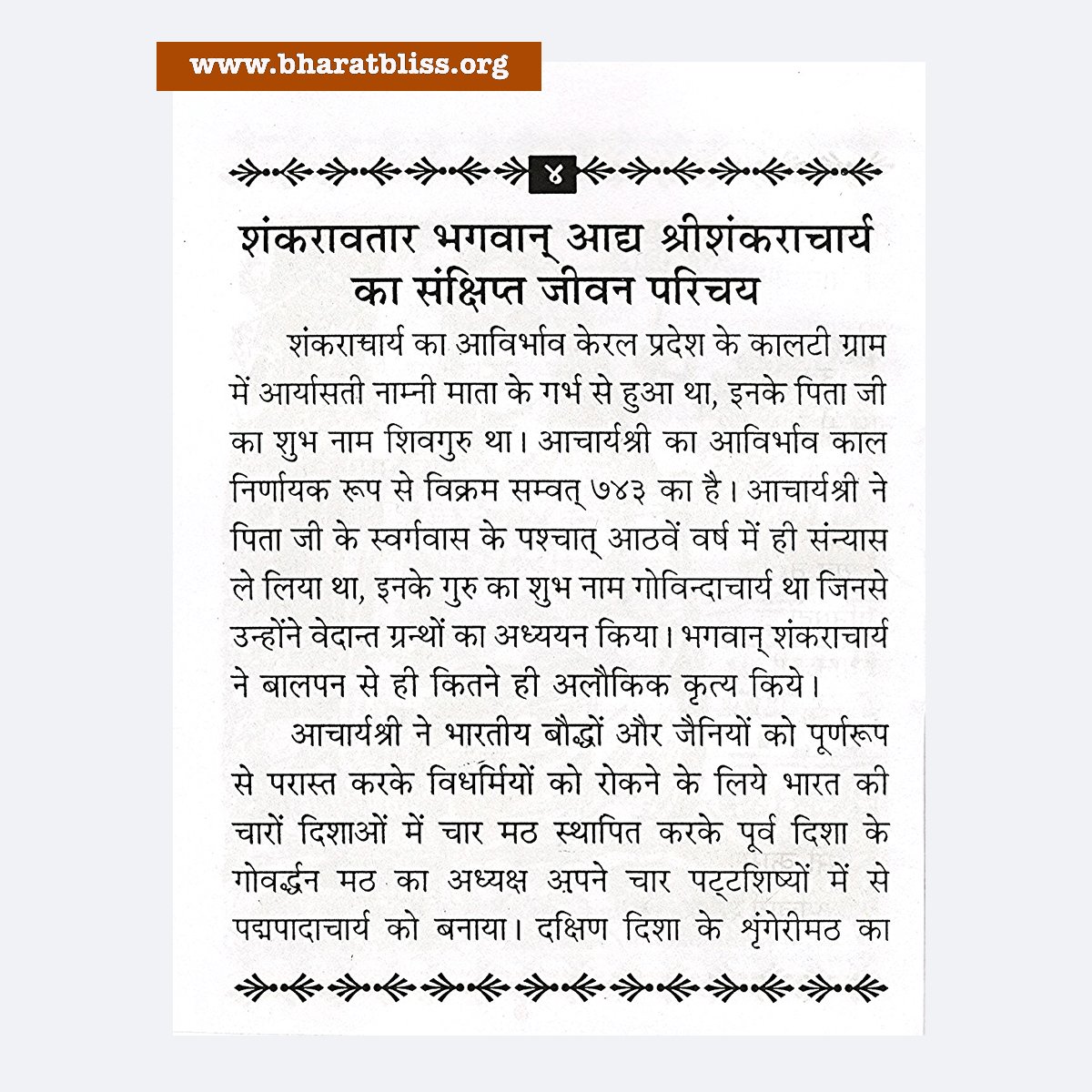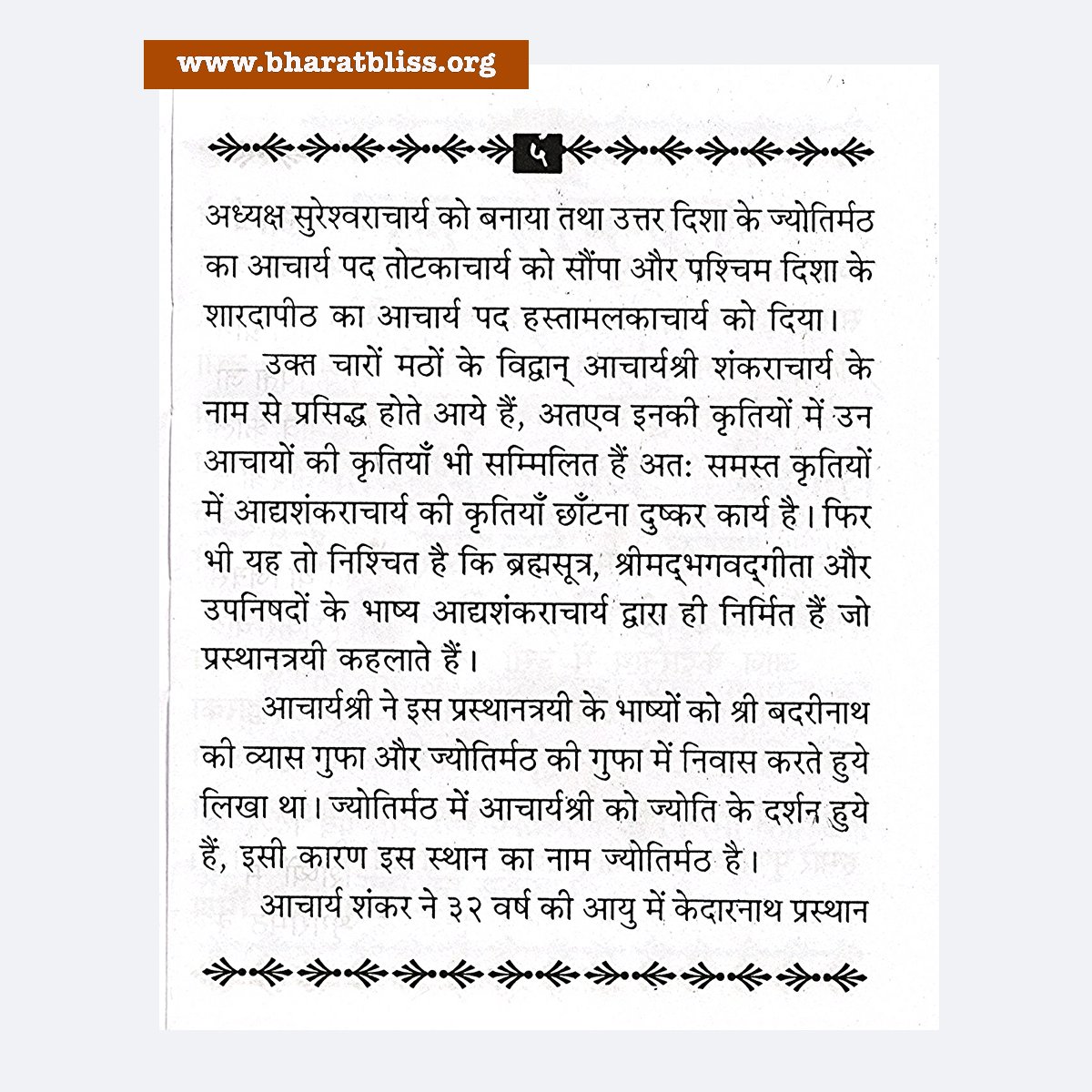Welcome to BharatBliss
BharatBliss is your one-stop store for divine idols, pooja essentials, spiritual books, and sacred accessories, bringing devotion, tradition, and serenity into your home with authenticity and care.
Latest Addition to Online Library
Newest Arrivals
₹450.00 ₹11,610.00Price range: ₹450.00 through ₹11,610.00
₹450.00 ₹11,610.00Price range: ₹450.00 through ₹11,610.00
₹190.00 ₹1,050.00Price range: ₹190.00 through ₹1,050.00
Featured Products
₹390.00 ₹12,000.00Price range: ₹390.00 through ₹12,000.00
23% Off
₹710.00 ₹18,990.00Price range: ₹710.00 through ₹18,990.00
30% Off
₹1,500.00 ₹48,000.00Price range: ₹1,500.00 through ₹48,000.00
23% Off
₹710.00 ₹18,990.00Price range: ₹710.00 through ₹18,990.00
30% Off
₹290.00 ₹42,000.00Price range: ₹290.00 through ₹42,000.00
23% Off
₹507.00 ₹15,600.00Price range: ₹507.00 through ₹15,600.00
20% Off
Discover spiritual books filled with wisdom, devotion, and divine teachings.
Amet ligula ornare et varius mattis.
Featured Books
Amet ligula ornare et varius mattis.
Devotion is not about performing rituals, but about connecting with the divine through love, faith, and selfless service.
Support BharatBliss Foundation with Every Order
When you shop at BharatBliss, you’re not just bringing home spiritual treasures—you’re also contributing to meaningful causes. A portion of every purchase goes towards charitable activities, cow welfare, food distribution, and supporting those in need, helping us make a positive impact on countless lives.
Our Activities
The Vedas are a collection of ancient sacred texts that form the foundation of Hinduism. They are composed in Vedic Sanskrit and are among the oldest religious texts in the [...]
Revered Swami Shri Ramsukhdasji Maharaj is well known to the spiritual aspirants of the country. he is a saint and yogi in the real sense of the term and has [...]
The holy Gangotri water — often called "Gangajal" — holds immense spiritual, cultural, and even scientific significance in Hindu Dharma. Here's a comprehensive breakdown of what makes Gangotri water sacred [...]
The Shreemad Bhagavad Gita, often simply called the Gita, is a 700-verse Sanskrit scripture that is part of the Indian epic Mahabharata (Book 6 – Bhishma Parva). It is presented [...]
Latest from Our Blog
Holy Gangotri Water (Ganga Jal)
The holy Gangotri water — often called "Gangajal" — holds immense spiritual, cultural, and even scientific significance in Hindu Dharma. Here's a comprehensive breakdown of what makes Gangotri water sacred and unique: 🌄 1. Origin [...]
Shreemad Bhagavad Gita
The Shreemad Bhagavad Gita, often simply called the Gita, is a 700-verse Sanskrit scripture that is part of the Indian epic Mahabharata (Book 6 – Bhishma Parva). It is presented as a profound dialogue between [...]
Bhaja Govindam- Charpat Panjarika Stotram
Bhaja Govindam, also called Charpat Panjarika Stotram, is a devotional and philosophical hymn composed by Adi Shankaracharya. It emphasizes the impermanence of worldly pleasures and encourages devotion to Govinda (Krishna) as the ultimate path to [...]
What our Customers say
Fast delivery and excellent quality. I ordered pooja essentials, and everything arrived well-packed and in perfect condition. Will definitely shop again.
A truly divine shopping experience. The idols are beautifully crafted, and the spiritual books are authentic. Knowing that my purchase supports a great cause makes it even more special.
A one-stop shop for all spiritual needs. The variety is impressive, and every item feels sacred. Shopping here feels like a blessing in itself.

